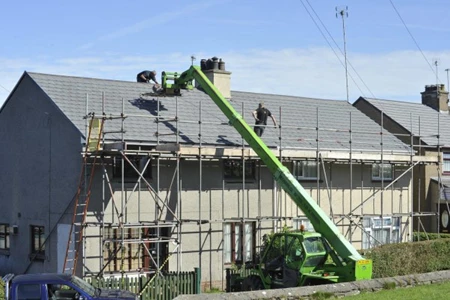1. Permits and inspections: Planning and building permits are required from your local council. A professional building inspection is also mandatory. .
2. Site preparation: The land must be graded, utilities installed and any obstacles such as trees or rocks removed. Soil testing is crucial and, if your home is to be built on a slope, you may need retaining walls.
3. Land registration: Unregistered land incurs registration costs. You may also need to pay for electricity, water and sewage connections.
4. Landscaping, driveways and fencing: Often excluded from initial construction quotes, these can add 5% to 10% to your budget.
5. Site costs: Temporary fencing, water, electricity and portable toilets will need to be budgeted for.
6. Extra lighting and electrical outlets: If standard installations are insufficient, you’ll need to pay for additional lights and power points.
7. Modifications: Upgrading materials, changing layouts or adding features after construction has begun typically come with a premium.
8. Delays: Whether due to weather, site issues or contractor availability, delays can increase labour, loan and material costs.
9. BASIX regulation (NSW): New dwellings that cost $50,000 need a BASIX certificate.
If you are looking for a construction loan for your home build, book a meeting today to find out about your options

